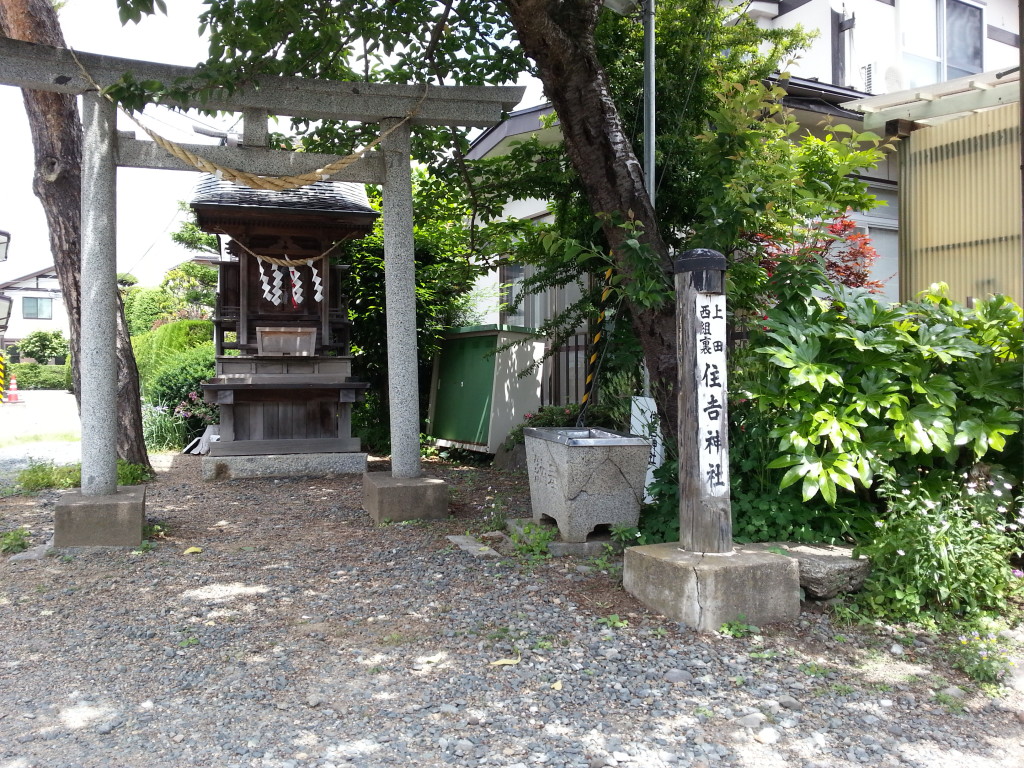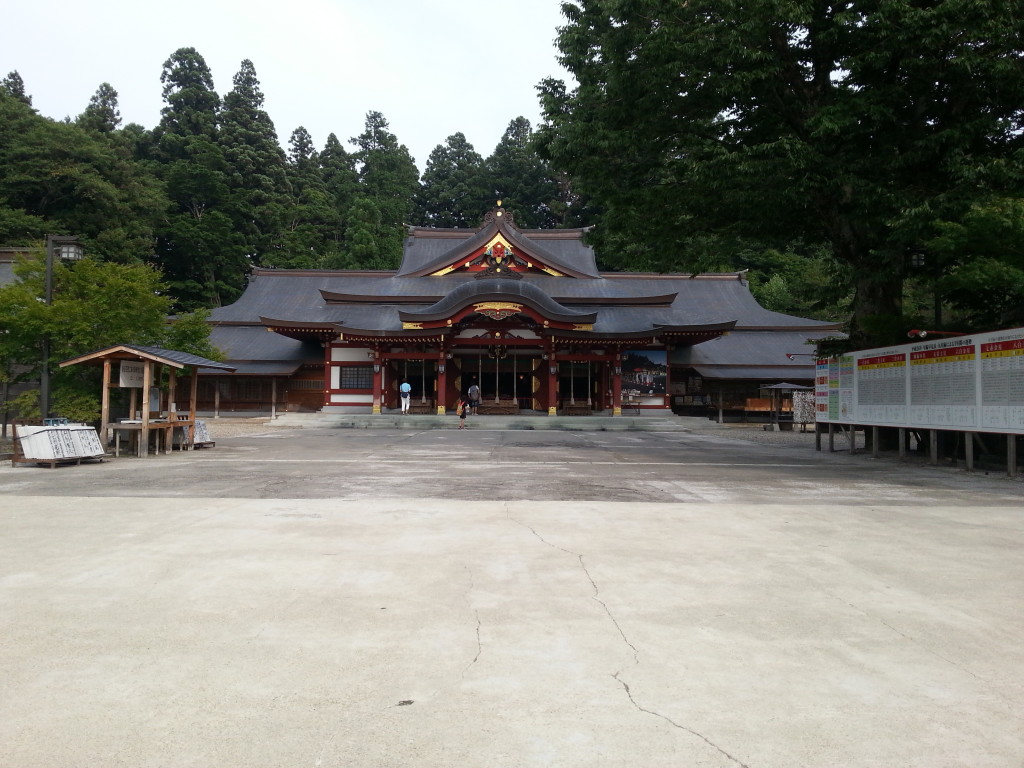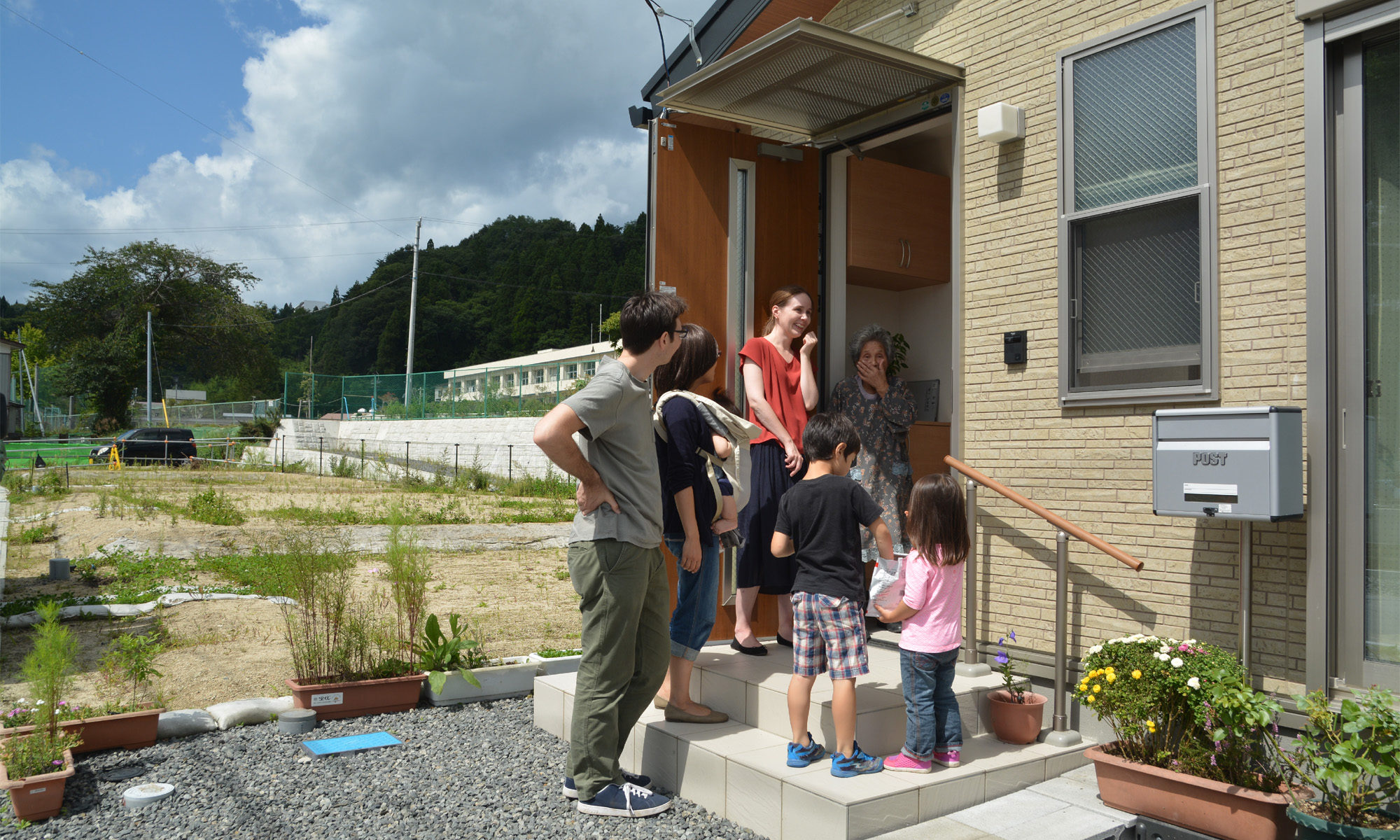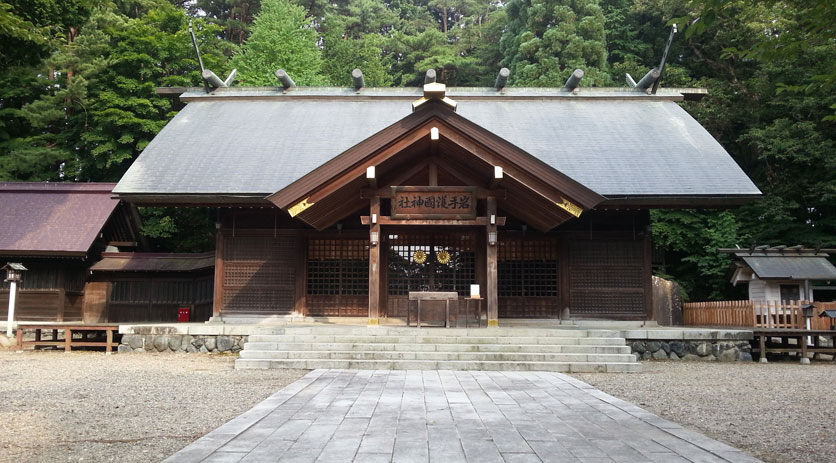Japan’s two dominant religions, Buddhism and Shinto, have coexisted, and intermingled in Japan for nearly 2,000 years, but Shinto is Japan’s indigenous religion tracing it’s roots back to before the time of Christ. It is a polytheistic belief system that honors millions of gods, which are worshiped in shrines, some of which are elaborate buildings on sprawling grounds, others as small as a shack tucked in the middle of a neighborhood.

It’s extremely difficult to understand coming from a Christian worldview. Virtually everything that we as Christians hold as foundational — forgiveness of sins, relationship with God, eternal life, holy living, studying the scriptures, all of this is almost wholly absent in Shinto. There is no moral code to study and its holy books are largely a collection of folktales about the various gods that are revered. Very few people here would be able to actually give a working definition of what Shinto followers believe, because belief itself is not important. What is far more important is that you participate in the rituals, holidays and rites which connect you with nature, the community, the nation, and the gods.

The outward result is that virtually the entire population of Japan participates in Shinto rituals, but to them it’s as natural as celebrating Christmas or Thanksgiving. Most of the time don’t think of it as a religious experience, it’s just tradition. Shrines are everywhere, and each shrine revers it’s own god. Some gods are good at helping you find a girl friend. Others can help you pass a school exam. If you need your back healed, then you have to find the right god who can help and pay a visit to his shrine. But each local community also has it’s own shrine, and it’s own local festivals. The shrines and the events surrounding them become a center of community life, and the residents feel a responsibility to their own shrine, and the god worshiped there.
There is also a national component, as a key teaching in Shinto is that the emperors of Japan are descended from the gods. Shinto thus fosters a national loyalty to Japan’s emperor, and a connection to the nation as a whole. Local gods are revered, but there is a hierarchy, and larger national shrines have greater prominence. This nationalism, which was exploited in the lead up to World War II, and nearly shattered in the aftermath of Japan’s defeat and the emperor’s admission that he was not divine, remains influential to this day.
Shrines themselves always seek to have a strong connection with nature. They are often found in difficult to reach, rugged and beautiful places. When they are in a town, they can usually be spotted first by the clump of trees that often surround them. It can be a little jarring walking from a busy city street into a quiet seemingly untamed plot of land, which is exactly the intended effect.
Unlike Christianity and most other religions, Shinto places very little on emphasis on doctrines or dogmas. There is almost no component of teaching, preaching. It does not really seek to explain what happens after death, but instead is concerned chiefly with the present life of it’s practitioners. Shinto is not characterized so much by what you believe, but by performing and participating in rituals and festivities that have been handed down for thousands of years to honor various gods. By continuing these rituals one is in continuity with Japan’s past.
However it is almost taken for granted that all who practice Shinto are also practitioners of another religion, which in Japan overwhelmingly means Buddhism, but from a Shinto perspective there’s no problem being Shinto and Muslim, or Hindu, or Christian. This obviously poses a serious challenge for Christians seeking to witness to Japanese, as in calling Japanese to repent and turn only to worshiping the One True God, to many this means a break with their communities, families, and even their identity as Japanese.
However as painful as such a loss may be many Japanese have indeed found that the joy of knowing God, and the community found with Him and His church makes it well worthwhile. Pray that the Holy Spirit will reveal this to the other 99% of Japanese who remain in darkness.
If you’d like to learn more about Buddhism in Japan, you can read this post: So what is Buddhism all about?

